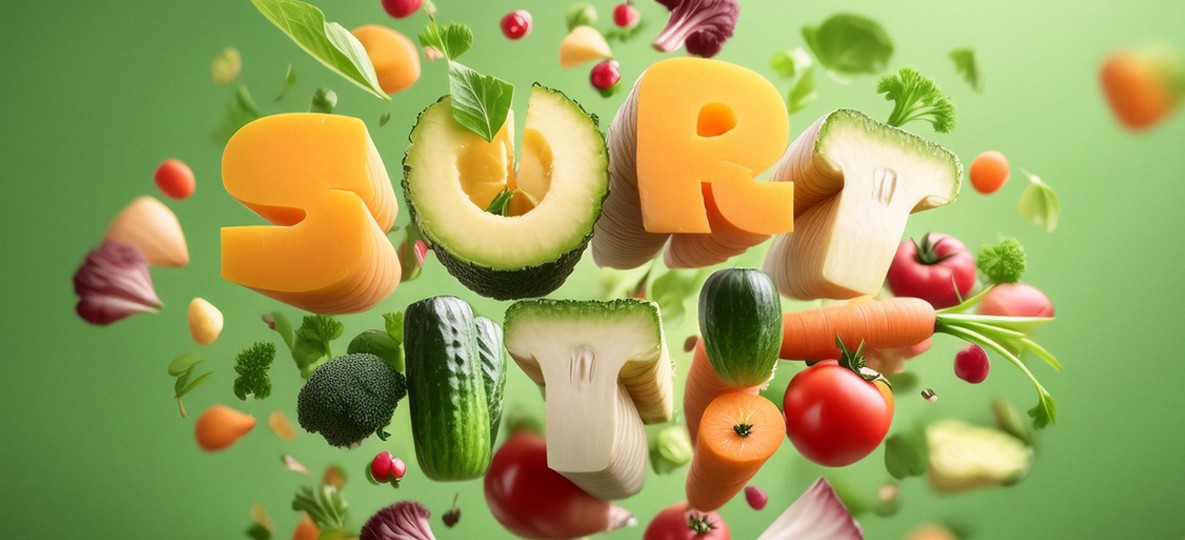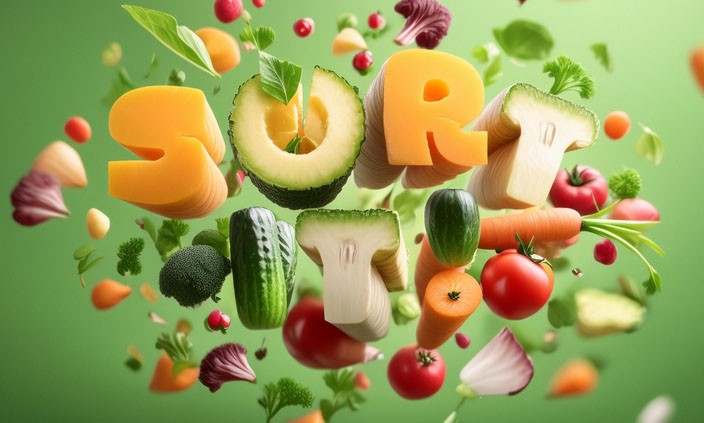
Proper waste segregation is a critical aspect of effective waste management. One of the most significant components of this process is the separation of food waste. In this blog post, we will explore how separating food waste can (a) reduce contamination of recyclables and (b) recover food waste for composting, contributing to a more sustainable environment.
When food waste is mixed with recyclables, it can contaminate the entire batch. This contamination makes it difficult, if not impossible, to recycle these materials effectively. Contaminated recyclables often end up in landfills, defeating the purpose of recycling programs.
Impact of Contamination:
Separating food waste not only reduces contamination but also allows for the recovery of organic materials for composting. Composting is an environmentally friendly way to manage food waste, turning it into valuable compost that can enrich soil and support agriculture.
Benefits of Composting:
In Ireland, approximately 750,000 tonnes of food waste were generated in 2022. Composting facilities accepted around 590,000 tonnes of organic waste for treatment, showcasing the potential of composting in managing food waste effectively.

Separating food waste is a simple yet powerful step towards improving waste management. By reducing contamination of recyclables and recovering valuable organic material for composting, we can contribute to a more sustainable environment. Ireland's progress in recycling and composting highlights the importance of continued efforts in waste segregation. Let's all play our part in the 'Sort It' campaign and make a positive impact on our planet.
#SortItCampaign #FoodWaste #Composting #Recycling #Sustainability #EcoFriendly #WasteManagement #SaveThePlanet
By participating in proper waste segregation,
you are not only helping to reduce landfill waste but also supporting a
circular economy. Together, we can make a significant difference.